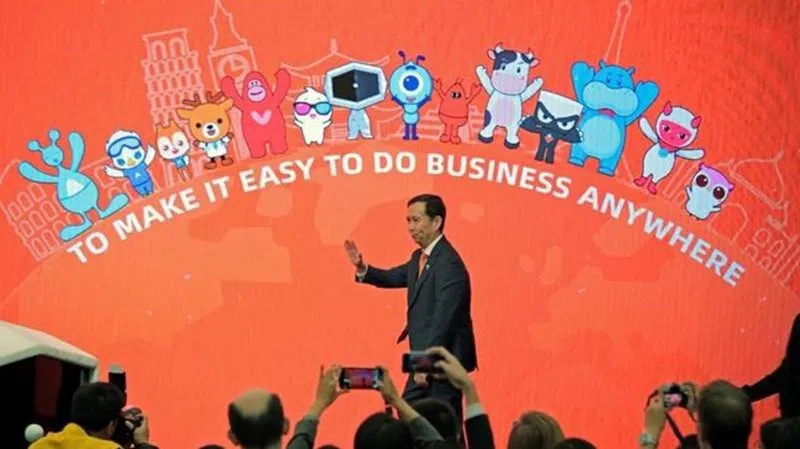
Ahead in the clouds: Alibaba plans to change the Olympics
LAUSANNE, Switzerland — Alibaba’s promise to the Olympic family is to bring its technological might to help organizers, broadcasters and fans.
The Chinese tech giant’s Olympic sponsorship deal is worth hundreds of millions of dollars and runs for 12 years, starting in 2017 and continuing through the upcoming Tokyo Games and the 2022 Winter Games in Beijing and into the 2024 Paris Olympics and the 2028 Los Angeles Games.
“We are not just putting the rings alongside our logo,” Alibaba chief marketing officer Chris Tung told The Associated Press in an interview at the Winter Youth Olympics in Lausanne, the IOC’s home city. “We also like to leverage our technology to help transform and upgrade the games. That is always what we have in mind by being a sponsor.”
At this year’s Tokyo Olympics, broadcasters will gain the most from Alibaba’s cloud computing work. Fans will see the biggest changes at the 2022 Winter Games in Beijing as ticketing and merchandise operations become more digital.
